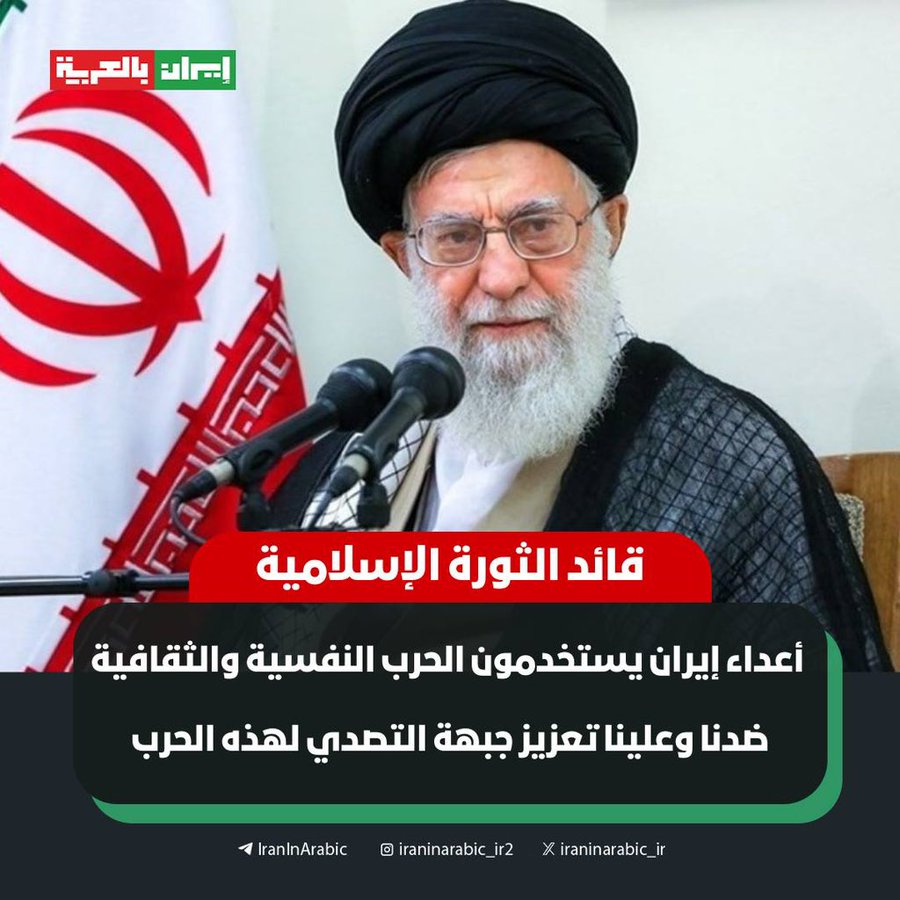The security establishment believes that Iran is actively assessing the situation to determine how best to retaliate against Israel.
It is also believed that Supreme Leader Ali Khamenei has already decided on a course of action against Israel, though he remains ambiguous and has yet to make any explicit announcement, likely as a tactic to unnerve Israel.
Iranian President Massoud Pazeshekhian commented on the Israeli strike on October 27, stating, “We will respond appropriately to the Israeli attack on our land.” He also warned that “the conflict could escalate if Israeli attacks persist.”
Senior Israeli officials have expressed satisfaction with the results of the strike and dismissed criticism that the Israeli Air Force’s attack was “weak.”
Security assessments indicate that Israel is gradually laying the groundwork for a potential future strike on Iran’s nuclear facilities, possibly after the U.S. presidential elections.
For now, Israel is significantly weakening Iran’s defensive capabilities against Israeli attacks.
The recent airstrike reportedly destroyed all of Iran’s strategic air defense capabilities, including long-range surface-to-air missile batteries.
Iran’s two models of these batteries—one based on the Russian-made S-300 system and the other an Iranian-made version—were all destroyed, along with long-range detection radars.
Iran now has only short-range air defense systems, with the primary losses focused around Tehran and western Iran.
This leaves Tehran exposed to potential Israeli attacks on government targets, including high-profile Iranian figures.
In western Iran, where Iran had previously launched ballistic missiles toward Israel, defending against future Israeli attacks will now be challenging.
The IDF estimates that Iran’s ground-based missile capabilities will be compromised for the next two years, as Russia, preoccupied with its own needs in Ukraine, is unlikely to supply new S-300 systems or other air defense technology.
Meanwhile, Iran’s production of domestic air defense systems will take significant time to ramp up.
While Israel’s strike did not affect Iran’s estimated stockpile of 2,000 to 3,000 long-range ballistic missiles, these missiles still pose a significant threat to Israel.
Iran will need to carefully manage this inventory if it hopes to sustain a long-term war of attrition with Israel.
Additionally, Israel has limited Iran’s ability to produce new missiles, restricting its capacity to replenish or expand this missile stockpile.
Israel also did not target Iran’s extensive UAV capabilities, which include thousands of drones that Iran could deploy in attacks on Israel.
According to political sources, the Israeli strike was fully coordinated with the United States, and the White House expressed satisfaction with the level of cooperation.
This coordination ensures the continuation of American military assistance to Israel in light of a potential Iranian counterattack.
Israel remains committed to undermining Iran’s ability to pose a threat, particularly concerning nuclear weapon ambitions.
Decisions within the Israeli political elite have been made, and Israel is expected to move forward strategically and incrementally toward achieving its security goals.




